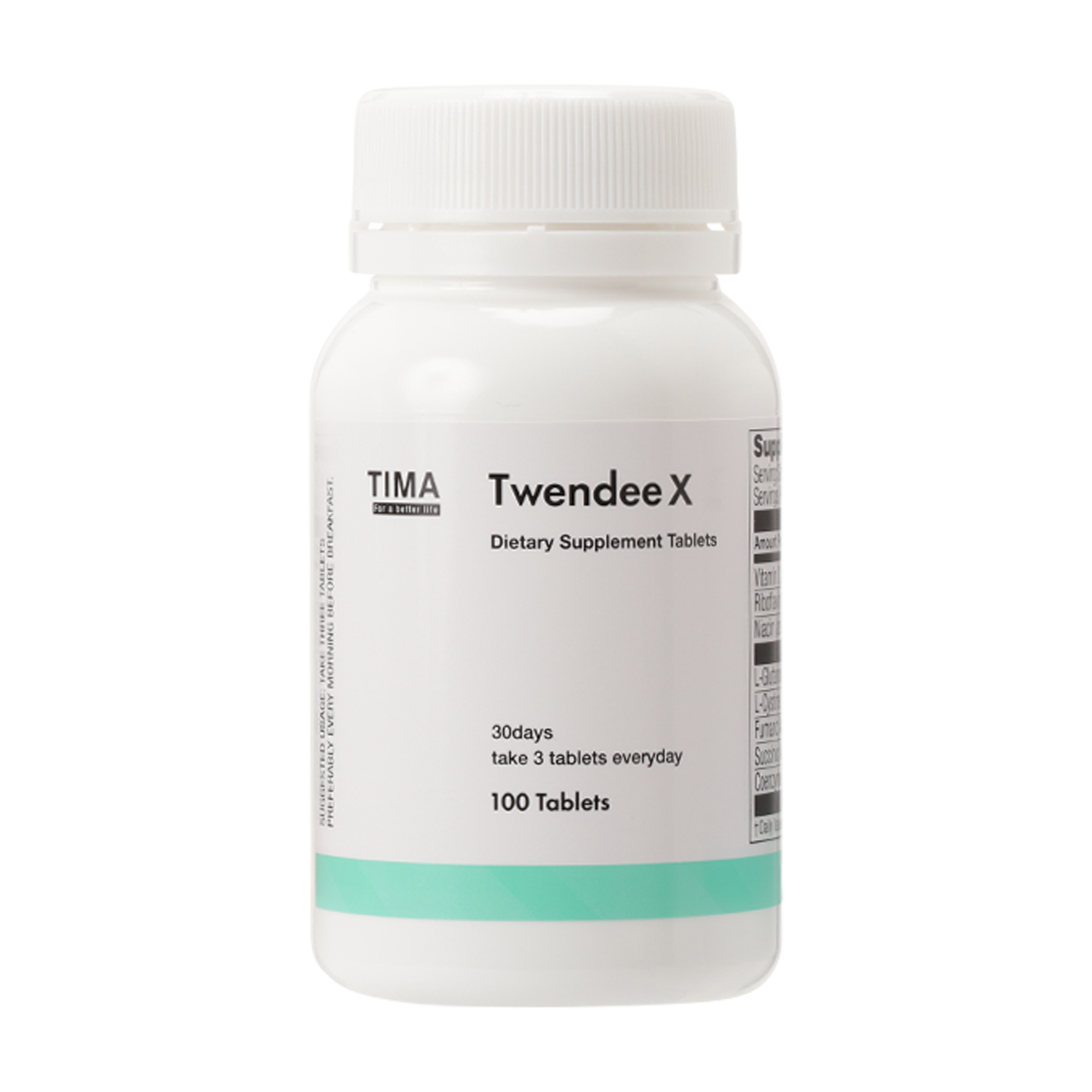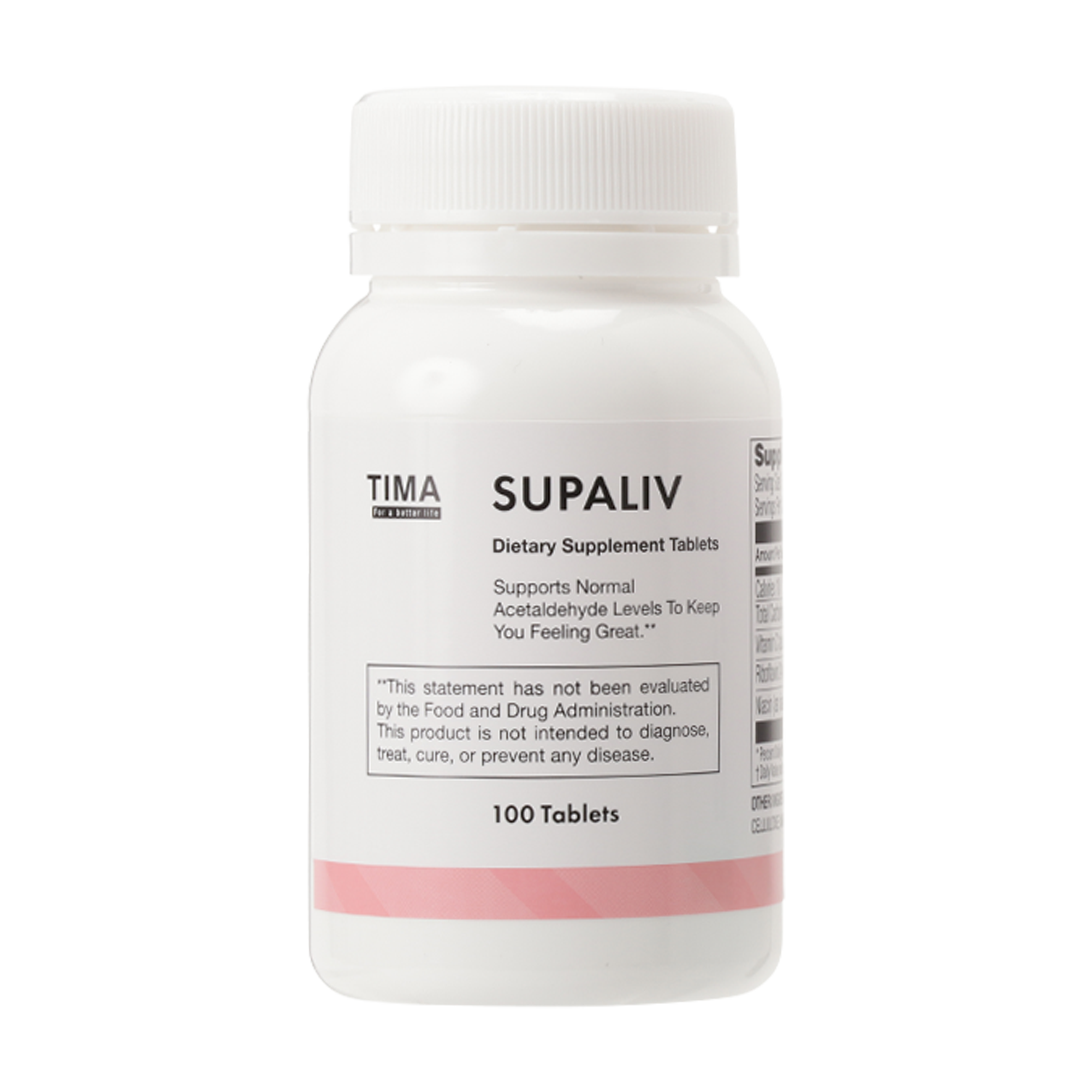Thesis on Oxidative Stress and "chronic obstructive pulmonary disease"
- Paper title
- Oxidative Stress in Chronic Obstructive Pulmonary Disease
- Abstract summary
- Oxidative stress has been related to increased expression of proinflammatory genes.
- Authors
- Mariana A. Antunes, Fernanda F. Cruz, Patricia R.M. Rocco
- Journal
- Oxidative Stress in Lung Diseases
- Semantic Scholar URL
- https://semanticscholar.org/paper/5da8a15217e39cdbb13c3a4c156831256fbc15d8
- Abstract
-
Chronic obstructive pulmonary disease (COPD), which comprises chronic bronchitis and emphysema phenotypes, is characterized by airflow obstruction and pulmonary inflammation and tissue disruption. It is also associated with several extrapulmonary manifestations and frequently occurs simultaneously with other disorders that have an additive influence on patients’ quality of life. COPD is usually a disease of aging, and the main risk factor for its development is smoking. A particularly remarkable etiologic factor that drives COPD pathogenesis is oxidative and carbonyl stress which originates in the pulmonary milieu after prolonged exposure to cigarette smoke or to the by-products of combustion of biomass fuels. The fact that COPD progresses even after smoking cessation is probably attributable to numerous exogenous and, especially, endogenous sources of reactive oxygen species (ROS), although this involvement has yet to be proven. The function of key cells, as well as the levels of significant oxidant and antioxidant molecules, may be dysregulated in COPD. Oxidative stress has been related to increased expression of proinflammatory genes, inability to resolve inflammation, insensitivity to corticosteroids, impairment of endogenous antioxidant defenses, accelerated lung senescence, and elevated risk of developing emphysema.








